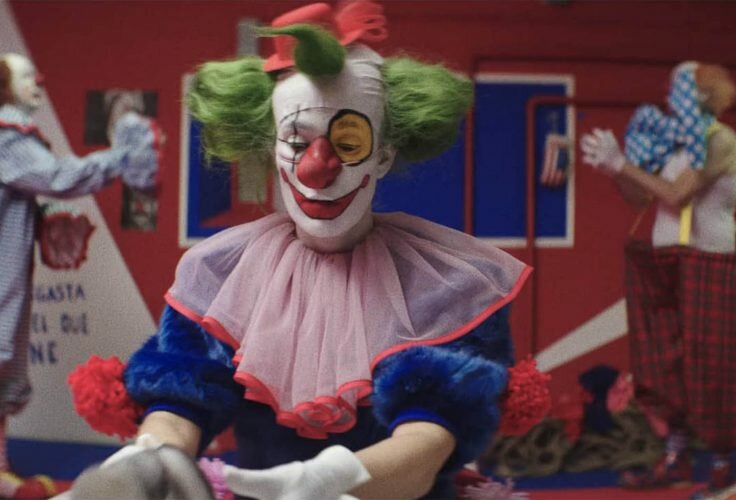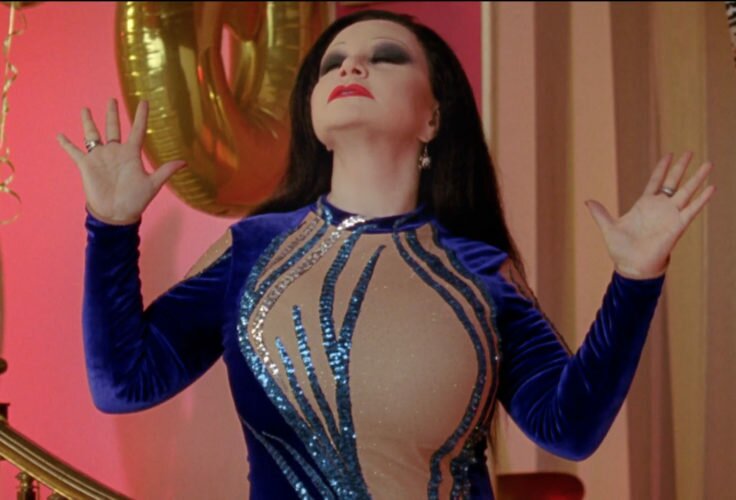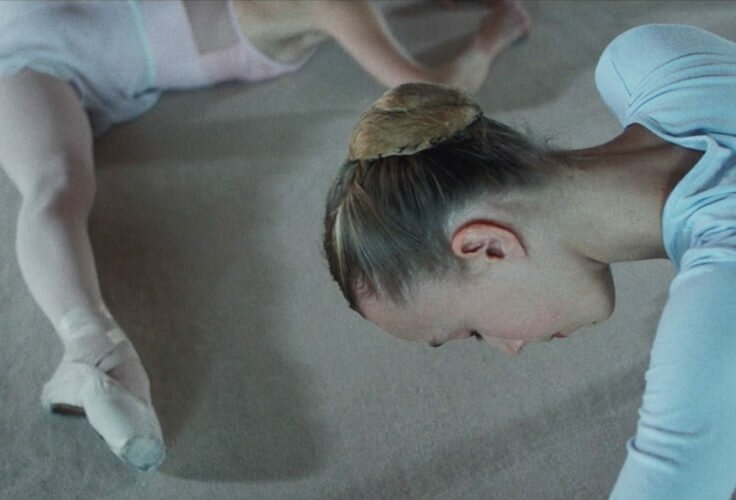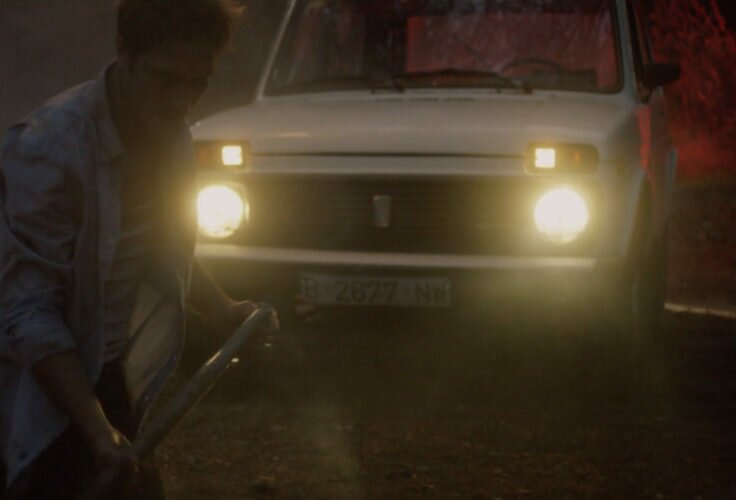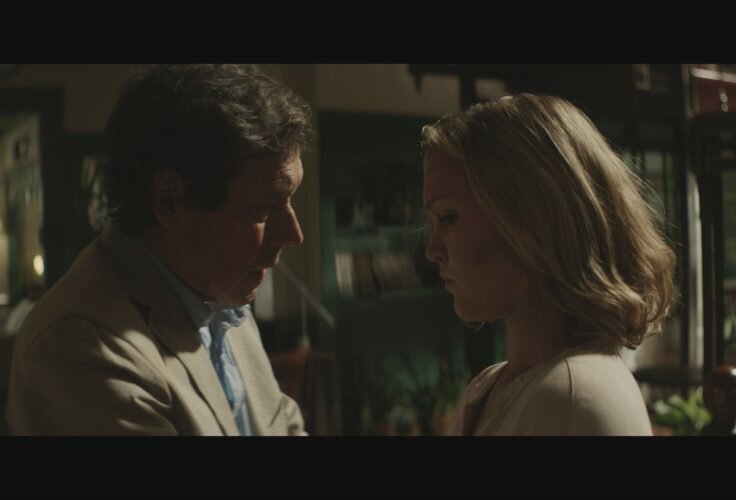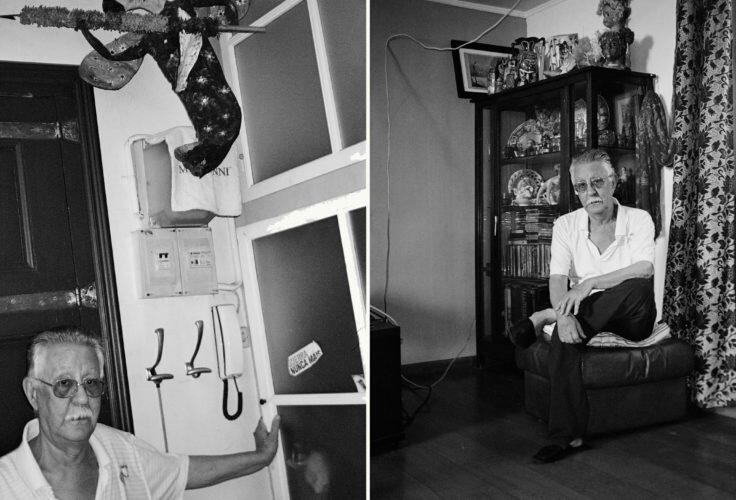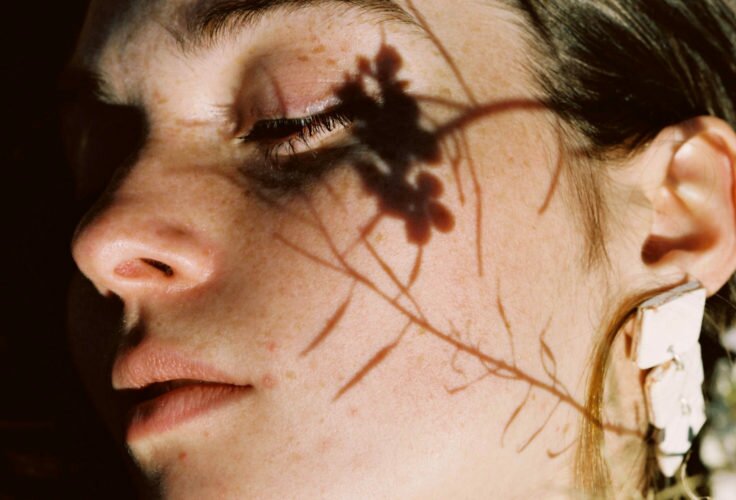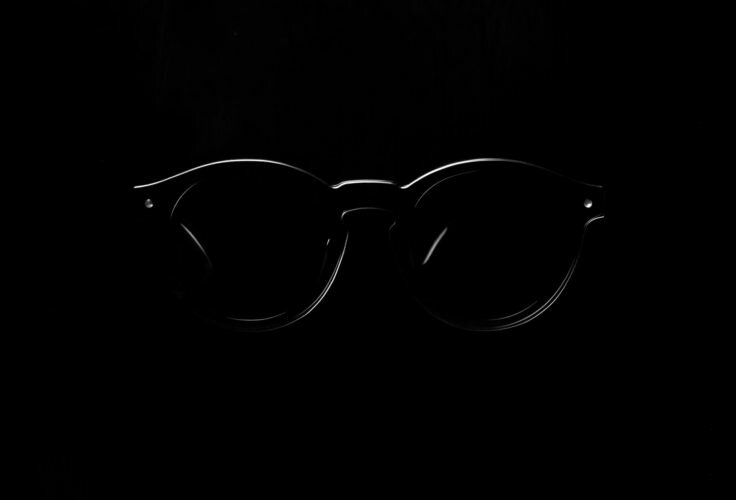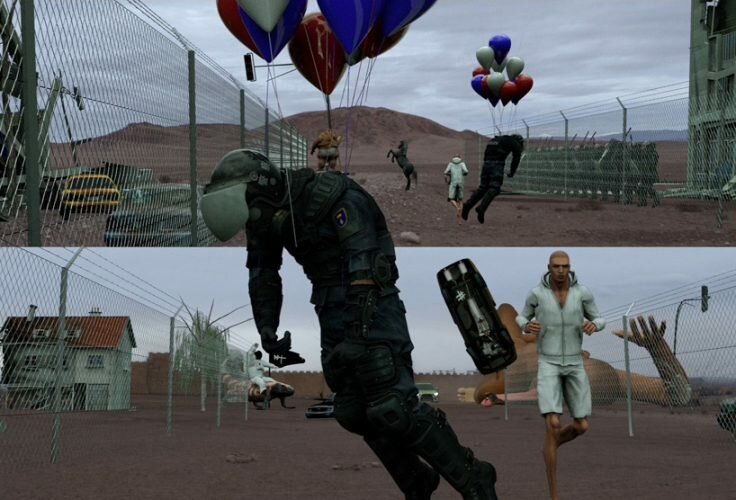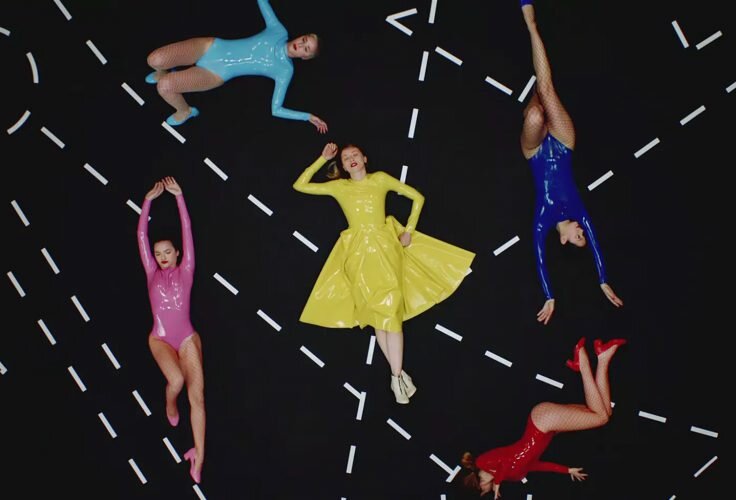Drake ha hecho un videoclip sobre recibir un tartazo en la cara, Child’s Play. Tyra Banks es la lanzadora. Y Ben Tuthill el testigo.
By Ben Tuthill
Obsessing over pop music is a lot less fun now than it was five months ago. “Internet consensus” reads like a complete absurdity after the events of November 2016, but it seems –in my monolithic media bubble, at least– that the internet as a whole has given up on pop culture fervor. The stories have been big enough –the Oscars fuck-up, the Adele shout-out, Kim Kardashian’s new make-up game– but none of them have made the sticky impact of the major celebrity events of the Obama Era. Real news (if ‘real’ and ‘news’ can be part of the same cohesive phrase these days) takes up all our time – and anyway, celebrity gossip is supposed to be escapist fun. These days it just feels like real life.
Music videos often show the first signs of pop culture trends, and if the 2017 shift has leaned toward apathy then it’s well reflected in the first quarter’s crop of uninspired videos. If 2016 was the pinnacle of a century’s progress toward auto-apotheosis –where a star’s mere presence was enough to drive a spectacle and where P.R. machination and record releasing were lauded as works of art in-and-of-themselves– then 2017 is the year we realize how gross it can feel when we apply that meta-fetishization to real life. We spent our increasingly all-encompassing leisure time treating the act of being famous as cause enough for celebration, and, in America at least, we’ve been forced to swallow that medicine where it really counts. Suddenly narcissistic Machiavelli games don’t feel good anymore. Nothing feels very good at all.

One of the few enjoyable videos of 2017 is Ryan Staake’s clip for Young Thug’s . Staake illustrates as well as anyone the meta-misery of the opening months of the Trump era – Wyclef Jean is four joyless minutes of ‘making of’ inanity that demonstrates nothing but loathing for the artist, the viewer, and the video medium itself.

Young Thug never shows up except for five or so seconds of film that he shot of himself eating Cheetos (footage that Staake admits are the best moments of the video). The rest of the clip is a porny spectacle that aims at the vague Platonic ideal of something higher and instead watches itself fall on its face. There’s half-assed absurdism, there’s an attempt at politics, there’s a 4-chan-y comparison of two models sharing a hot dog to the climactic scene of Requiem for a Dream. None of it is fun, none of it is nice, none of it resembles joy. We’ve come a long way from .
Meta videos aren’t a new phenomenon, and their meta-ness is hardly fodder for insightful commentary. There are , , . Most often, meta-videos serve to deepen the deification of the celebrity. They promise a behind-the-scenes “real look” at an artist that really serves to cement, not undercut, the artist’s mythos. What sets Wyclef Jean apart, then, is it’s complete self-loathing. It refuses to vaunt the director, the video, or the artist itself – it just hates all of it. Staake hates Young Thug, Thug’s label, his own production company, even the song itself. Young Thug would appear to feel the same way. This might be the most thoroughly spiteful work of a popular art since .






The thing about open spite is that it’s honest, and honesty rarely serves to heighten a person’s mystique. Staake’s spite for Wyclef Jean forces to the forefront Thug (and the celebrity apparatus that supports him) in all his everyday non-glory. And –as is so often the case when the everydayness of the everyday is forced into reality– Young Thug is unsettlingly typical. He’s mundane, annoying, and mostly boring. He isn’t fascinating. He isn’t likable. He isn’t really anything at all. He’s a somewhat creative but mostly insignificant placeholder for an entirely vacant persona-construct. His celebrity, stripped of the imperial subject that necessitates it, exposes itself as nothing but a trace of a vacancy. And the empire built around it –the voice, the music, the stans, the labels, the videos, the stories, the industry– slip into the absence.
A college friend once said to me, a few months school as we were taking up our first real jobs, “Isn’t it crazy when you realize that the whole world is just run by a bunch of randos?”. It was a shocking realization – I didn’t know what I was doing at my job, and neither did anyone else. Like you and me, Young Thug is just another “rando”. That celebrities are anything but is the founding fiction that miraculously sustains their industry. When they’re exposed as what they are –basically just a bunch of assholes who mostly suck at their jobs– then the institutions built around them start to fall in on themselves. And when celebrity bleeds into politics – and when the star at the center of that politics exposes himself as nothing but a celebrity – and when that celebrity exposes himself as just another asshole who sucks at his job – then the political institution goes with it. And so we have the disaster of the American White House playing out in front of us in every type of media – a making-of documentary written by people who hate the process and the product, filming a video about a man who hates it all just as much as they do.

This is an unnecessarily bleak read of what’s essentially just a funny video. But then you could say that the Trump Administration is essentially just a funny politics. The horror seeps in when you realize what it means when the so-called “real” has been replaced by the ludic. That horror is obvious in a place like global politics, where it’s very clear how seriously things ought to be taken. But people take celebrity seriously too, for good reason – more often than not what we seek in entertainment is a simulacrum for what we’re seeking in the world at large. With Trump we’ve openly glued that simulacrum to real life, and in trying to peal the two apart we’re left with the shredded up revelation of mutual absence. This isn’t a surprise to anyone who’s been reading critical theory for the past two hundred years, and the revelation has gotten too typical to go on noting. The nothingness left at the center isn’t fun enough to hold. We’ve meta-ed a meta-industry into self-consuming collapse. A solar-system made up of black holes – a temple collapsing into the void of a Sampson who we never bothered to make sure was actually there.

